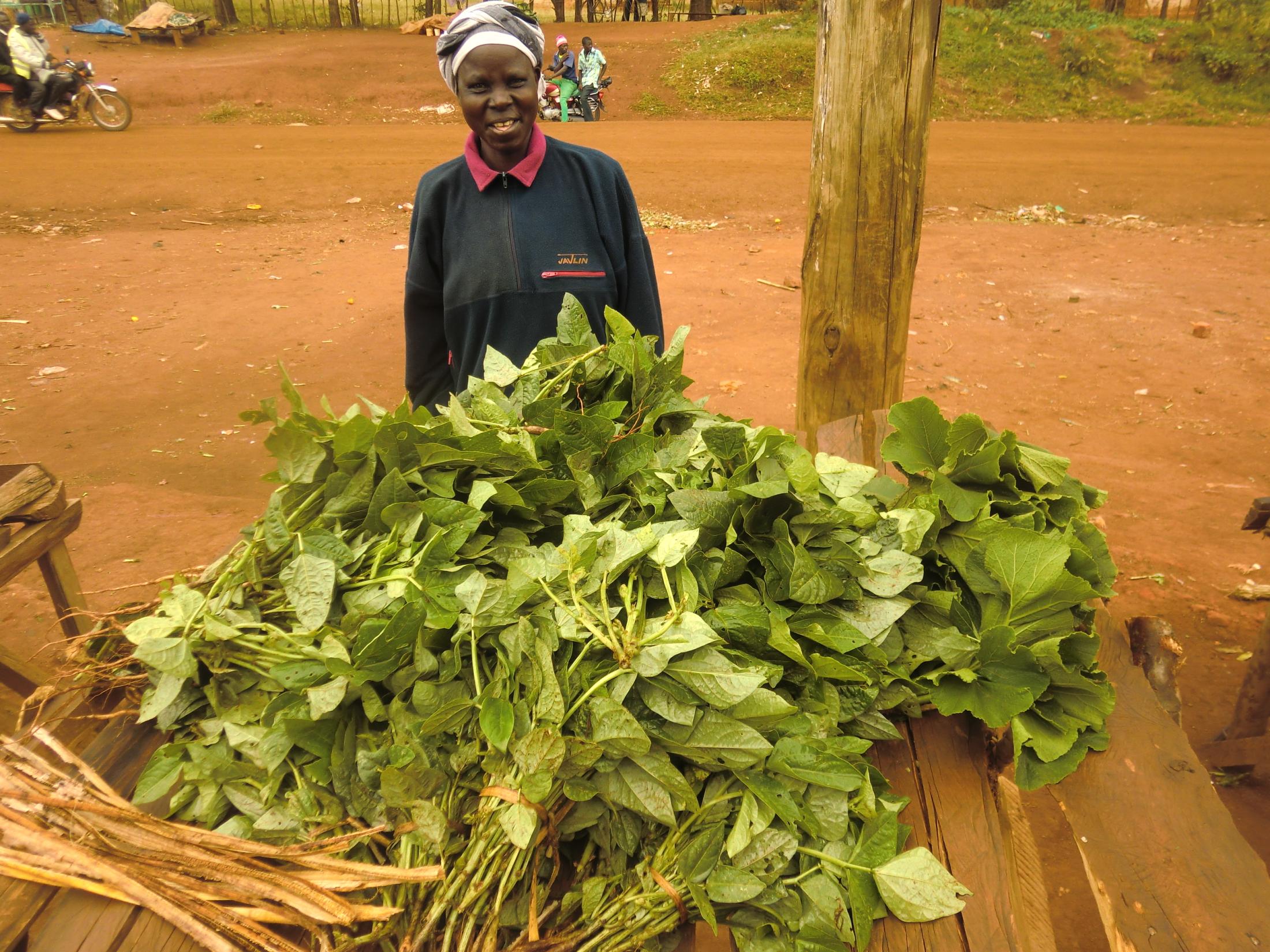
FOR IMMEDIATE RELEASE
Empowering Rural Women Farmers: Boosting Vegetable Access for Better Nutrition
[DAVIS] – The Feed the Future Innovation Lab for Horticulture is pleased to announce the launch of four regionally-led initiatives to be coordinated by the Horticulture Innovation Lab’s East Africa Regional Hub Managers, David S. Ameyaw, Peninah Yumbya, and Annesofie Misiani from the International Center for Evaluation and Development (ICED). “These projects will transform East Africa's horticulture sector,” says Yumbya. “They will elevate the horticulture industry towards empowering small-scale farmers, especially women in the region. The focus on enhancing productivity, reducing postharvest losses, enhancing market access, and fostering innovations will undoubtedly contribute to sustainable horticultural production.”
These 3.5-year projects focus on priorities that were identified during a 2022 regional stakeholder meeting. The first priority is to address pre- and post-harvest management to reduce food waste and losses in vegetables. The second priority is to improve the marketing of and access to vegetables in the East Africa region through the empowerment of rural smallholder women farmers growing vegetables on a small-scale level. Each project was specifically “designed to unlock access to vegetables for women smallholder farmers,” said Misiani. “This will be critical in enhancing the important role women play - the majority of whom are underserved - in addressing food insecurity and nutrition across Africa.” The four projects and their foci are as follows:
- Enhancing Productivity, Post-harvest Management and Market Access of African Indigenous Vegetables in Kenya led by Mumina Shibia from the Kenya Agriculture Livestock and Research Organization with support from the University of Nairobi and North Carolina State University. The research will identify optimal pre-harvest and postharvest interventions that can have significant impacts on increasing the availability of African Indigenous Vegetables (AIVs) in the marketplace. AIVs in Kenya have unique characteristics to help improve food and nutrition security, promote gender equity, and enhance the resilience of agricultural systems.
- Developing innovative horticulture technologies for small-scale women farmers in Uganda led by Robert Kajobe from Muni University - will be utilizing a participatory research approach to improve pre-and post-harvest practices and innovations in the horticulture sector in Uganda. By engaging farmers in the research design and implementation, selected practices and innovations will more likely sustainably meet the need to improve family household nutrition, increase sales of vegetables, and ultimately empower smallholder women farmers through greater financial independence and enhanced livelihoods.
- Determining the cost-benefit of integrating horticulture into staple crop production in Kenya led by Solomon Walelign from the International Center for Evaluation and Development - will determine the cost-benefit of integrating horticulture with staple production for women small-holder farmers in Kenya, as well as examine structures of decision-making regarding nutritious diet, income, land use, and time availability. This will inform policymakers and small-scale women farmers on the best approaches to and benefits of integrating horticulture with staple crops at a small scale.
- Determining the trade-offs between short and long horticulture value chains in Kenya led by Willis Owino from Jomo Kenyatta University of Agriculture and Technology and Fridah Githuku with GROOTS Kenya - will investigate the nutritional, economical, and social (gender equity and youth engagement) impacts on producers along both short and long value chains, and determine to what extent Information Communication Technologies (ICTs) are incorporated. This will increase understanding of: the impact of ICTs in selected horticulture value chains, horticulture access pathways that increase stability and efficiency in value chains, and document the enabling environments and key characteristics that facilitate positive aspects of access pathways.
Ameyaw noted that “the partnership with the Feed the Future Innovation Lab for Horticulture, through the generous funding of USAID, has been invaluable in bringing these projects to life.” He also stated, “These globally supported, regionally-led projects reflect the shared commitment to promote the East Africa horticulture sector, contributing to the transformation of livelihoods for all small-scale farmers.”
"These projects in East Africa get right to the heart of our mission," said Erin McGuire, Director of the Feed the Future Innovation Lab for Horticulture. "We're targeting key areas like smallholder women farmers' empowerment and reducing food waste. It's practical, focused, and I believe it will make a real difference in the region."
As we embark on this transformative journey, our vision extends beyond just the immediate projects. We envision a future where the tireless efforts of women smallholder farmers are acknowledged, where fresh vegetables are within everyone's reach, and where every household in East Africa enjoys improved nutrition and health. Together, with the combined expertise of our regional partners and the steadfast support of our global allies, we are planting seeds for a brighter, more nourishing tomorrow.
For more information about our Research Project Portfolio and collaboration opportunities, please visit horticulture.ucdavis.edu or contact Associate Director Archie Jarman at rajarman@ucdavis.edu.
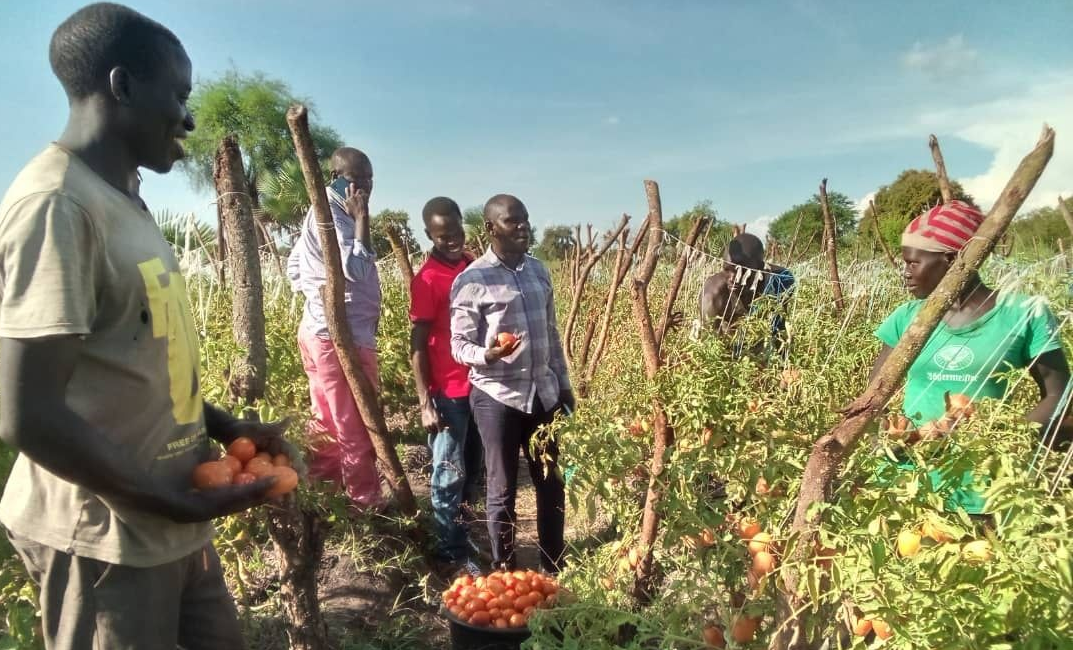
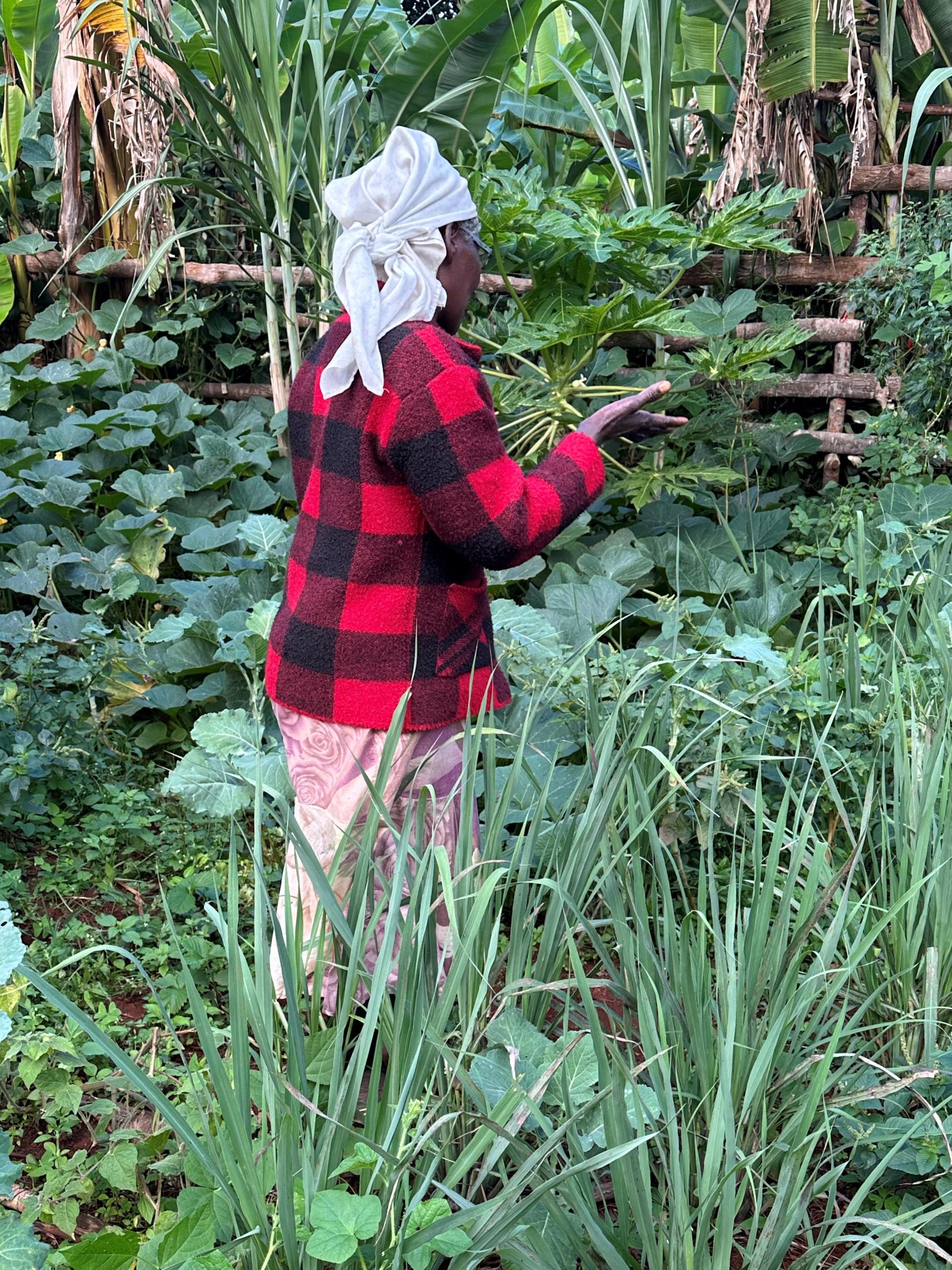
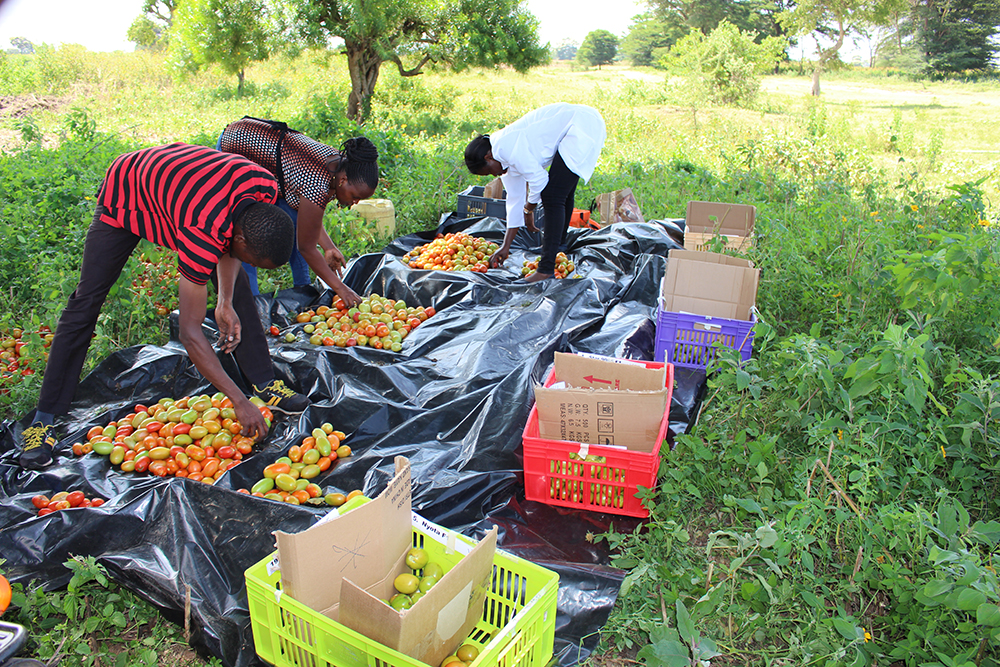
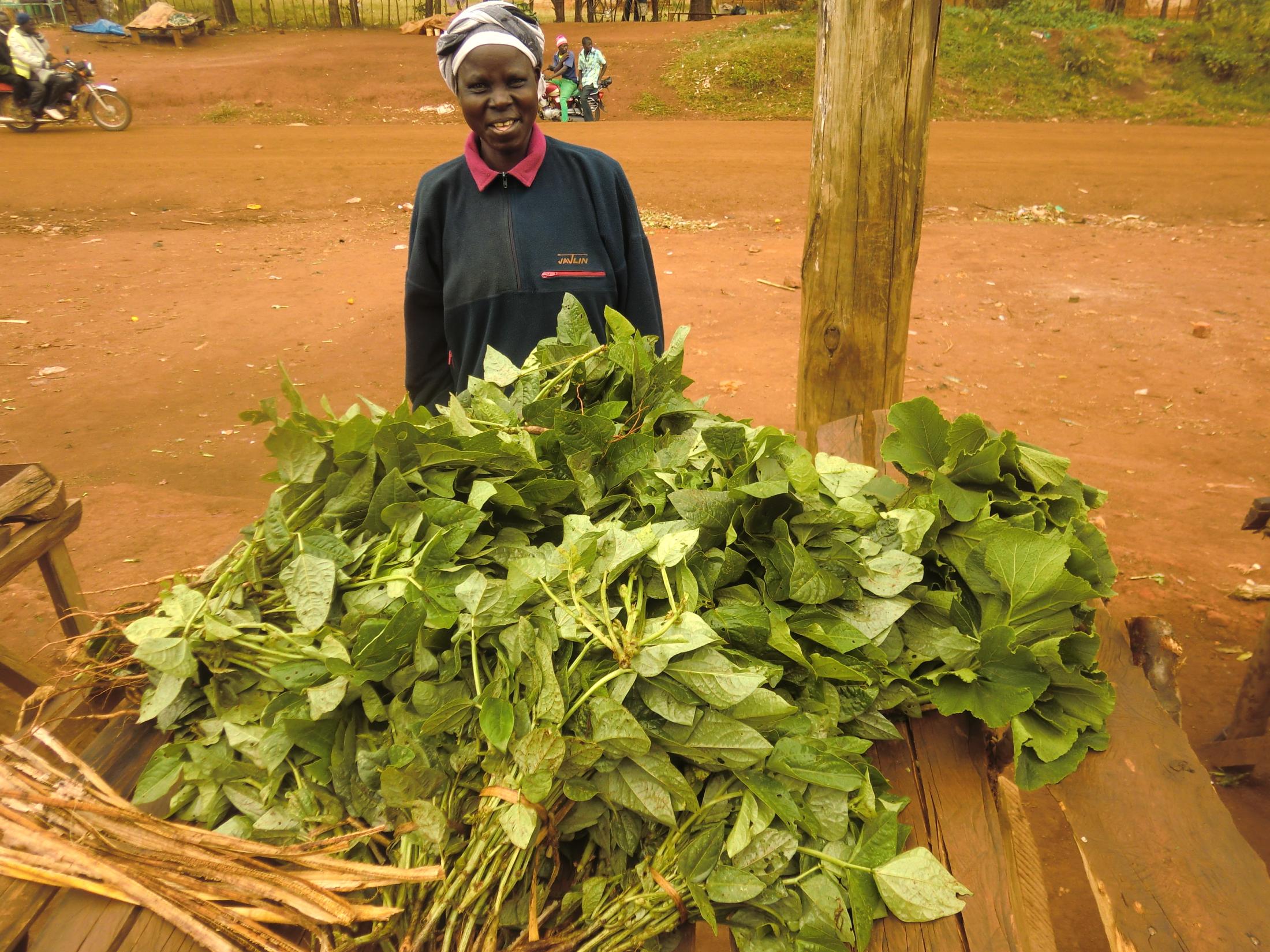
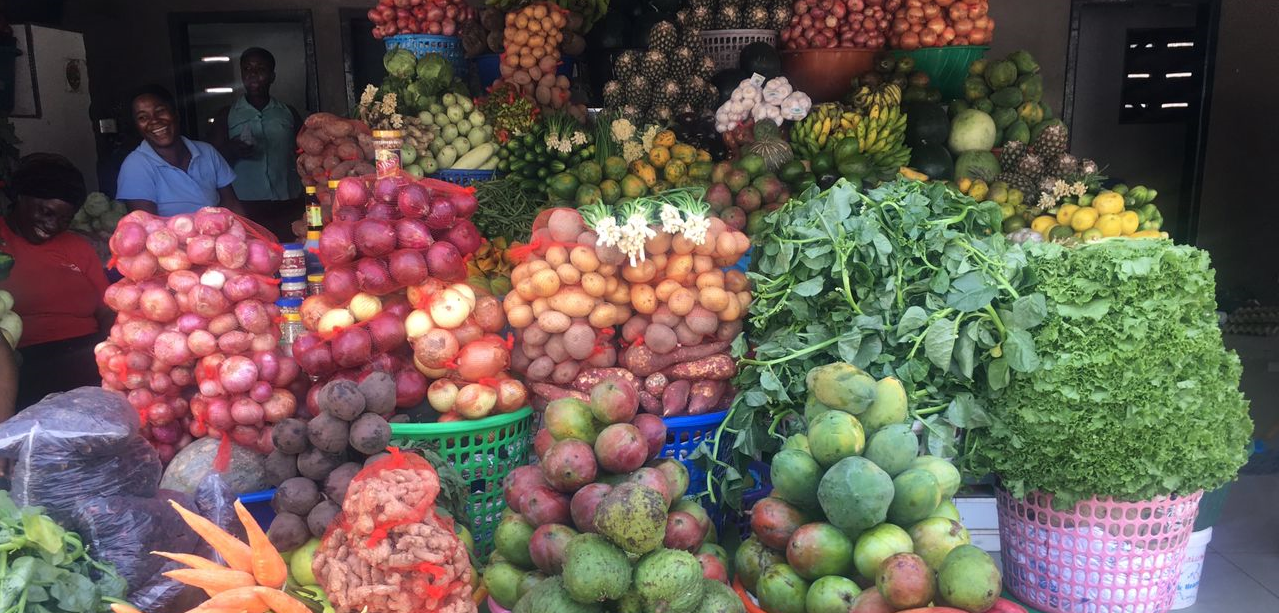
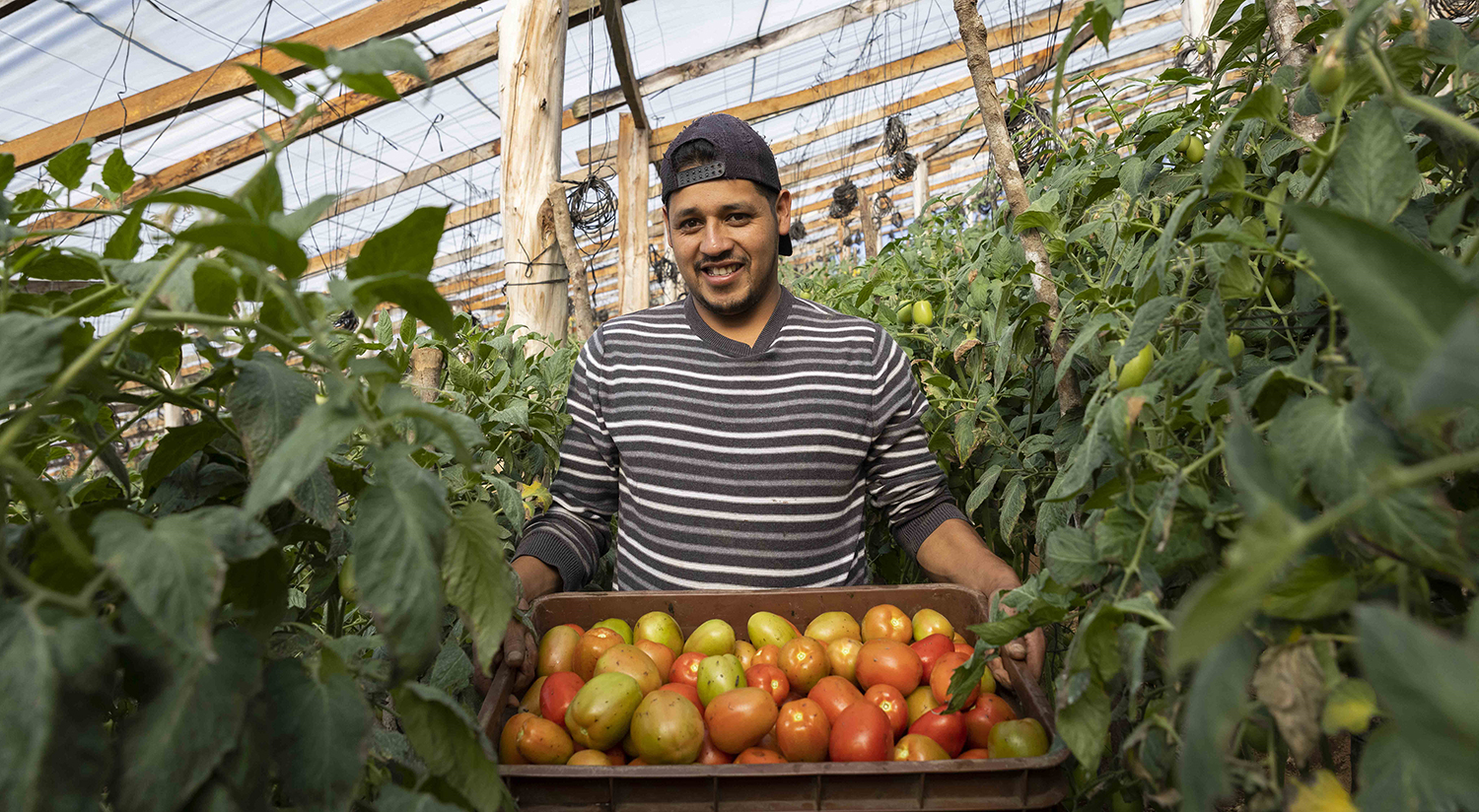
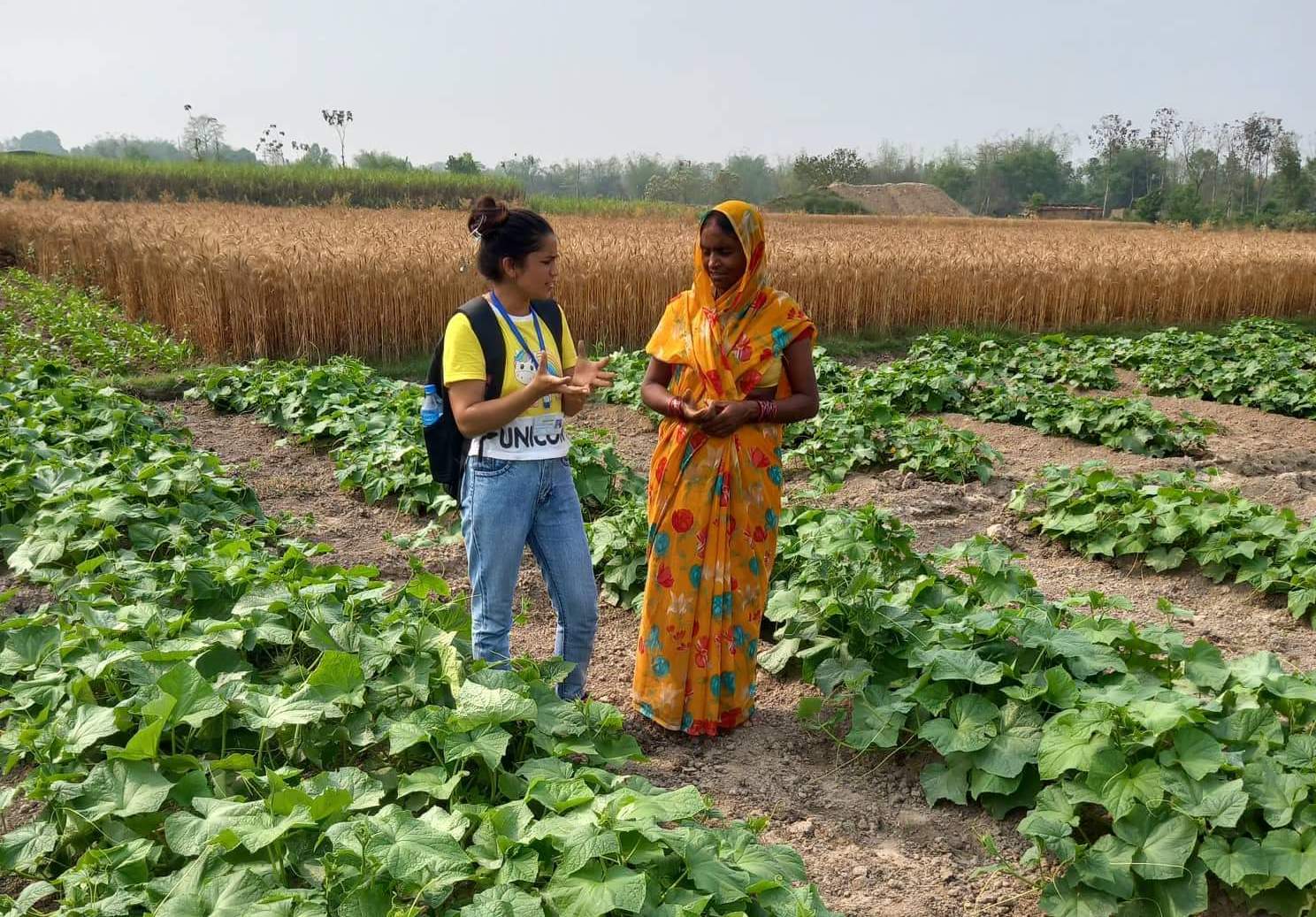
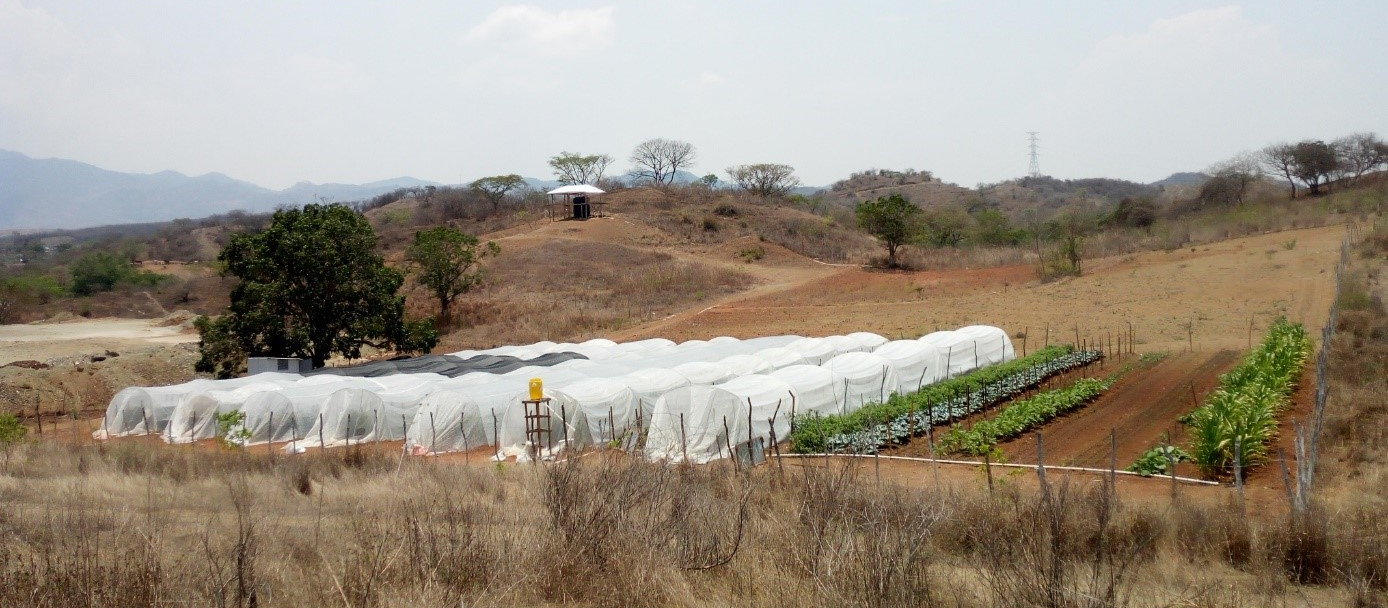
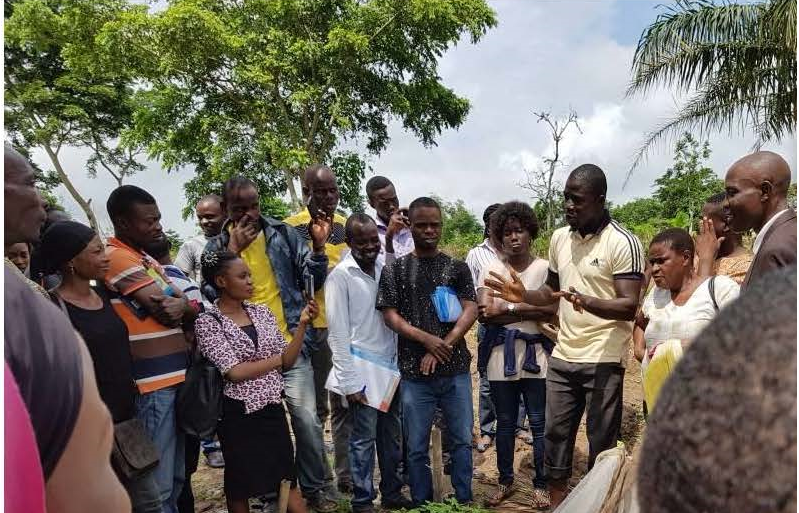
New Portfolio of Regionally-led Research Initiatives Leading Innovation and Advancement in Global Food Security and Gender Equity
The Feed the Future Innovation Lab for Horticulture at the University of California, Davis, is proud to unveil its new research portfolio as a part of Feed the Future, the U.S. Government's global hunger and food security initiative. The Horticulture Innovation Lab’s global research network partners with and promotes local leadership to advance horticulture and social innovations, empowering smallholder farmers to earn more income while better nourishing their communities. This new 3.5-year portfolio comprises of regionally-led research initiatives across East and West Africa, Central America, and South Asia. Research initiatives will be guided by four Horticulture Innovation Lab Regional Hubs based at the International Center for Evaluation and Development (ICED), University of Ghana, Zamorano University, and FORWARD Nepal.
About Us
Feed the Future Innovation Lab for Horticulture, also known as the Horticulture Innovation Lab, is funded by the United States Agency for International Development as part of the Feed the Future global hunger and food security initiative, based at the University of California, Davis, within the Department of Plant Sciences. With a focus on horticultural, social, and technological advancements, we develop groundbreaking solutions to improve nutrition and food security. As advocates for innovations and policies that promote gender equity, social and environmental responsibility, we are dedicated to improving the livelihoods of smallholder farmers while empowering communities through horticulture, including better access to nutrition and healthy diets.
For media inquiries, contact Communications Manager Heather Hayashi at hnhayashi@ucdavis.edu.
